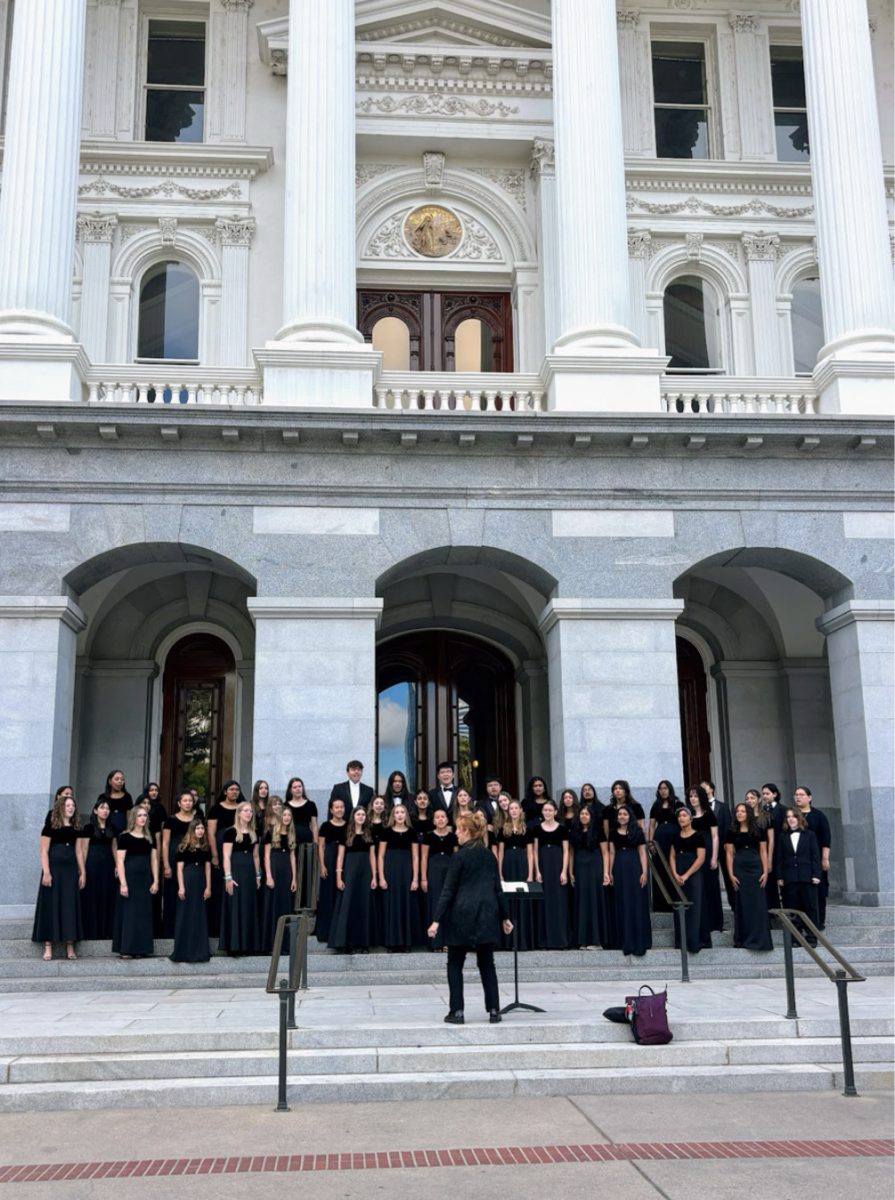As President Donald Trump has signed an executive order to eliminate the U.S. Department of Education to increase state sovereignty over education, students and teachers are concerned that discrimination complaints and disability services will be mishandled.
This is not a new occurrence – President Trump has repeatedly expressed his desire to eliminate the department, and Republicans have promised to abolish it since its inception, starting with Ronald Reagan in the 1980s.
Historically, conservatives have claimed the federal department has no jurisdiction over education, attempting to revert control exclusively to the states, especially with the department becoming more progressive.
Should the Department of Education be dismantled, certain functions would need to be allocated to other departments, such as the administration of student loans which could move to the Department of Treasury or the Department of Health and Human Services.
According to the Department of Education website, “education is primarily a State and local responsibility in the United States.” The department is responsible for providing grants, loans and work-study assistance to schools and protecting students from discrimination through federal rules and policies.
The Department of Education was also created to enforce the Brown v. Board of Education decision after which some schools in former segregated states attempted to evade the ruling. One way the Department of Education protects students is through the Office for Civil Rights. The office investigates complaints in regards to discrimination based on race or national origin, immigration, status, sex, disability and religion.
Without the OCR, complaints would be handled by another department, such as the Department of Justice, where families would have to take their complaints to court – which is a less accessible and more expensive process.
The Trump administration has already made sweeping eliminations of Diversity, Equity and Inclusion policies and programs for federal workers and contractors, as seen through his executive order of Jan. 20. Critics assert that with the potential elimination of the Department of Education and its programs, historically marginalized communities will continue to face harm and discrimination in the education sector.
No official statement regarding the status of the Department of Education has been released by the White House, but Sacramento area students say they are concerned.
“I think it’s really dangerous,” Saint Francis High School senior Eesha Saini said. “All Americans have the right to an equal education, and it’s dangerous to strip that away from people.”
Junior Yaqueline Zavala agreed.
“I think that is highly unfair and would be taking away opportunities from those who deserve it,” she said. “(It’s a) necessity that’s being taken away.”
The Department of Education ensures students have the right to an equal education by funding laws such as Title I (assisting students from low-income families) and IDEA, the Individuals with Disabilities Education Act, which protects students with disabilities.
Despite both programs being federal laws, their funding and oversight could switch to different departments if Congress votes to eliminate the department.
The IDEA program ensures that students with disabilities have individualized services, such as pre-employment transition services and special education support. Critics have noted that there is no other federal agency that’s able to effectively oversee special education and ensure the rights of students to a free and appropriate public education.
Many students fear the potential loss of the IDEA program – including those who don’t directly benefit from its services.
“I’m worried,” Saint Francis senior Kalia Taylan said. “Dismantling the Department of Education takes away from crucial programs supporting low-income families and children with disabilities. As a current student with a brother on the spectrum, I’m concerned for the future of his education.”
Taylan is a co-president of Saint Francis’ Autism Awareness Club. Although private schools receive less funding and oversight from the Department of Education, IDEA states that local education agencies are obligated to ensure that students with disabilities have “an opportunity for equitable participation” in private schools, according to the Office of Non-Public Education and the Office of Special Education Programs.
If IDEA is moved to another department, students with disabilities could have a more difficult time accessing services that support them, even at private schools. Moving oversight of IDEA to a larger department could mean fewer resources for students with disabilities.
The Department of Education cannot be outright abolished without congressional approval and redistributing the department’s operations, such as oversight of IDEA, would result in lengthy debate in Congress.
Despite Republican control of both the House of Representatives and the Senate, it’s unclear what will happen to the Department of Education. For some students, the department’s future is full of concern and danger.
“I’m bracing myself for what will happen next,” Zavala said. “It’s like our futures are stolen.”









